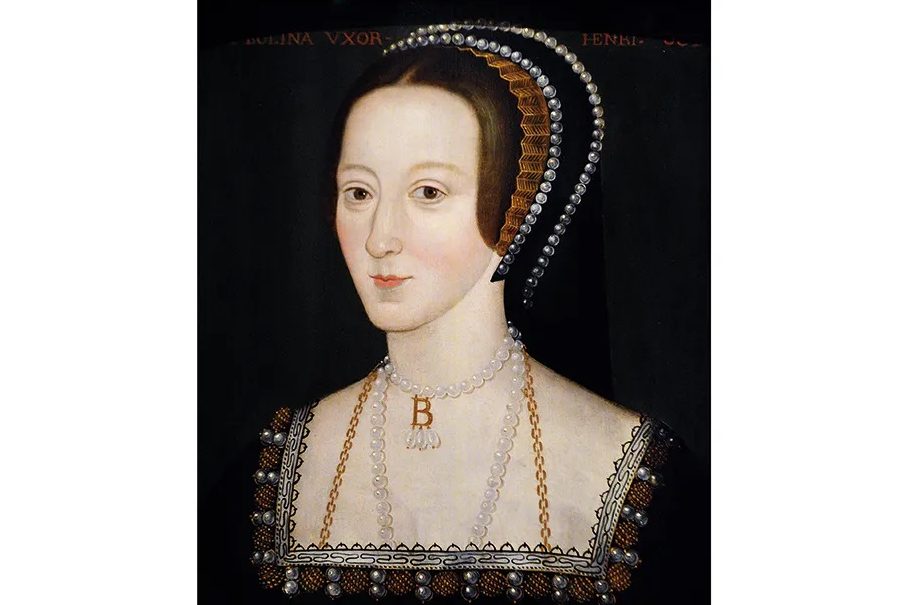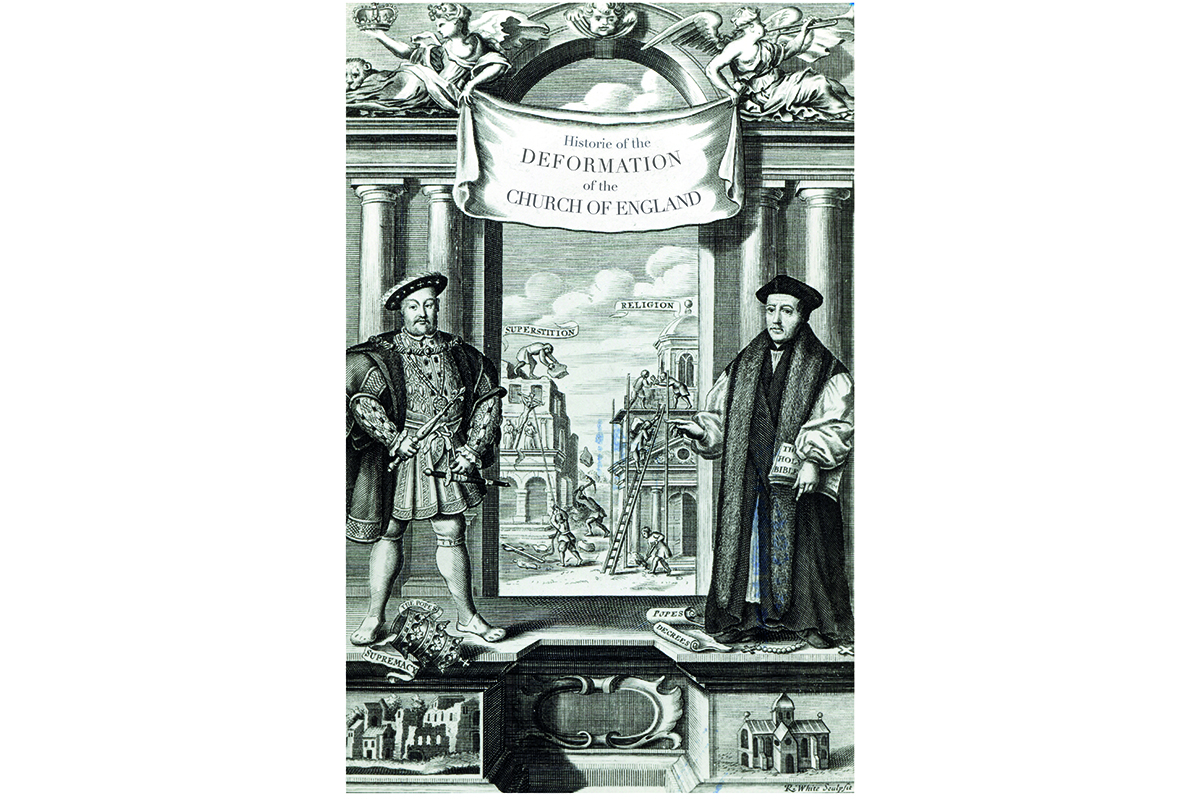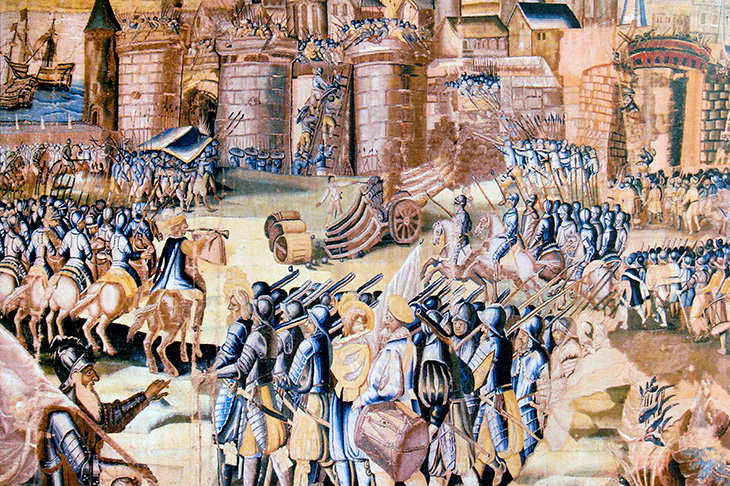If the road to hell is paved with good intentions, the one to heaven may be surfaced with bad ones.
We like to imagine otherwise. We are rational, sensible, moral creatures. If we only think scientifically and apply ourselves, we can achieve anything. Hence the recent secular historiography of the Enlightenment and modern world, which, at least according to Steven Pinker’s latest offering, can be explained straightforwardly by the emergence of science, reason and humanism.
Alas, history is not so neat, as real historians know. Good things often come from bad intentions. That is the argument of James Simpson, a medieval historian who has turned his attention to the Reformation and the question of how it was that the proto-liberalism we associate with the Glorious Revolution of 1688 — (relative) liberty, rights, equality, accountability, toleration, constitutionalism — could possibly have come from the less than glorious revolution inaugurated by Martin Luther in 1517, with its intolerance, sectarianism, political absolutism, biblical ‘fundamentalism’ and decades of grotesque violence.
Simpson eschews the familiar tale of Protestant triumphalism, in which proto-democratic Reformers laid the foundations of modern liberty and equality by placing a Bible in every pair of hands, helping people read it and reassuring them they were now all members of the priesthood of believers. At the same time, he also avoids the equally tendentious Pinkerite story of secular triumphalism, in which all was darkness until Voltaire, Hume and Kant spoke.
Rather, his is an argument of ‘unintended reformation’ (Brad Gregory’s book of that name is mentioned only once in the footnotes), in which Protestantism’s revolutionary energy generated a culture of permanent revolution, one that ‘repeatedly and compulsively repudiated its own prior forms’. If, as the Reformers liked to claim, a Reformed Church is a church always reforming, so a reformed society is one always examining and reorganizing itself, asking questions of its structures and ambitions in a way that is central to any genuinely liberal polity. This was the Reformation’s unintended legacy. In the apt words of the English physician William Coward, who falls slightly out of Simpson’s time frame, to deny one’s right to disagree with tradition was to ‘condemn… the whole design of the Reformation, and throw… dirt upon the Reformers’.
Focusing solely on the English Reformation, and drawing primarily on literary evidence — Milton is the book’s presiding genius — Simpson makes a good case for this accidental Whig history. He somewhat overplays his hand when describing the Reformation. It was, we are told, a dissident, punishing, crushing, violent, schismatic, repressive, absolutist, cruel, despair-producing, humanity-belittling, merit-denying movement. The impression is less of a detached historian than of a man with a narrative to drive and a thesaurus to hand.
More seriously, he doesn’t quite nail why the permanent revolution steadied post-1688. His argument is that the liberal tradition had fundamentally to repudiate Protestantism in order to move on, and that it did so by ‘inventing self-stabilizing mechanisms’. But this fails to recognize the extent to which late Reformation/ early Enlightenment thinkers adopted and adapted existing evangelical ideas.
Take toleration. John Locke’s celebrated Letter concerning the subject provided the theoretical underpinning for the country’s newfound religious toleration. Or, more precisely, its theological underpinning, as the essays were exercises of more-or-less undiluted scriptural exegesis. Fifty years before him, sectaries were making equally forceful and principled biblical arguments for religious toleration, although only when it suited them, of course. A hundred years before them, indeed as early as the 1520s, some evangelicals were arguing that the Pauline idea of adiaphora — ‘things indifferent’ — could and should be applied to the magistrate as a justification for neither prescribing nor proscribing (i.e. tolerating) certain behaviors.
No one sane would claim that 16th-century England was a tolerant place but that does not mean that the early Enlightenment had to invent ‘self-stabilizing mechanisms’ like toleration. In reality, they often simply unearthed, nurtured and cultivated seeds that had been lying dormant for decades.
Such criticism notwithstanding, Permanent Revolution is a subtle and helpful corrective to ahistorical Whiggish accounts of how we got here, and one that has significant, if largely unexplored, implications for the present. Liberalism, Simpson says, is undergoing something of a ‘global retreat’. There are many reasons he cites for this, among them its ‘minimalist anthropology and abstract universalist legal principles’, its ‘default position of institutional mistrust’, and its ‘impoverished conception of freedom’.
Tied in with them is the persistent confusion about its genealogy. If we assume liberalism is a natural outworking of our natural inclination towards science, reason and humanism — let alone to toleration, freedom and equality — we are liable to be disappointed. Liberalism has religious roots, even if they are messy, accidental and sometimes ugly ones. We would do well to examine and learn from them.
This article was originally published in The Spectator magazine.























